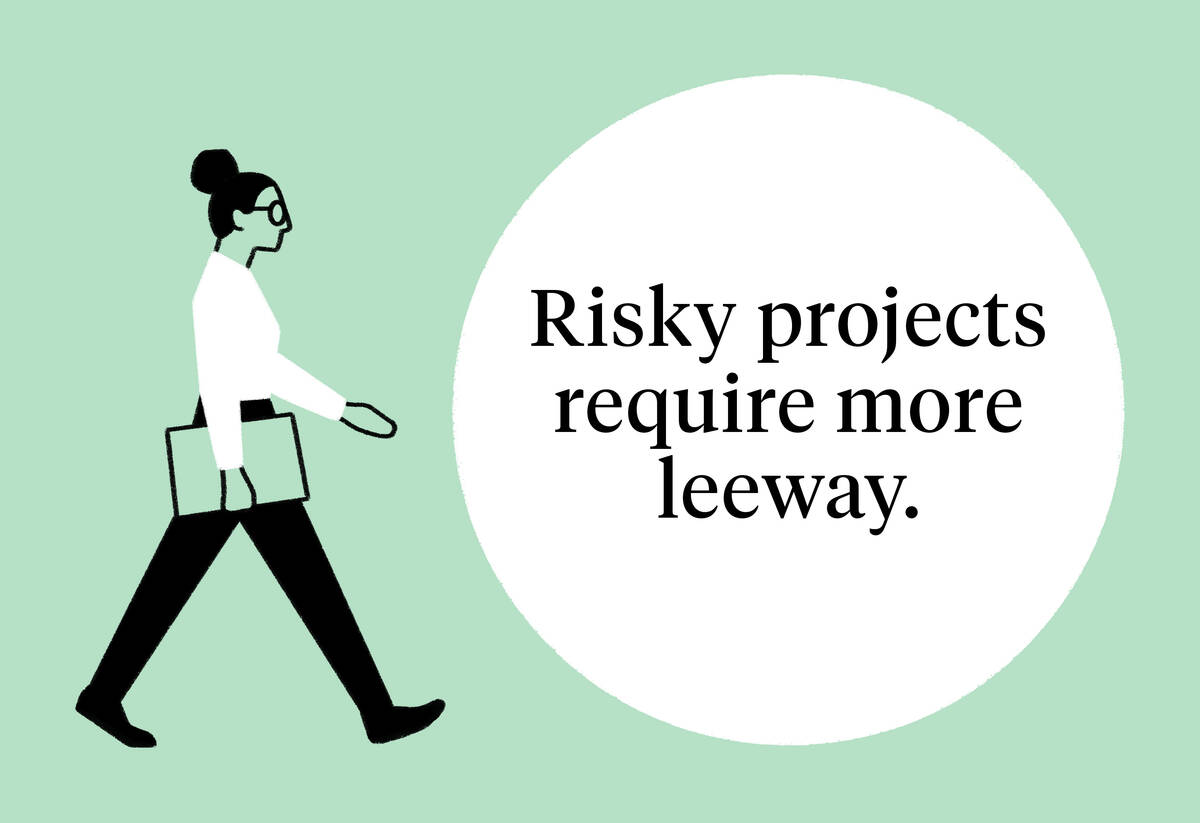Leadership Jan 17, 2020
Podcast: Do Bosses Who Trust Their Employees Deliver More Innovation?
On this episode of The Insightful Leader, learn when you should—and shouldn’t—give your team room to fail.

For leaders, deciding how much trust to place in the people you manage can be tricky. Give them too much leeway, and they might take advantage of you—but don’t give them enough, and they may not feel safe to take risks.
Trust can be especially high-stakes for those at the very top of the org chart, says Kieu-Trang Nguyen, an assistant professor of strategy at the Kellogg School. “I’ve seen a lot of quotes from people saying that the job of the CEO, for example, is to create an environment where people feel safe to experiment and fail,” she says.
But corporations are large, complex organizations. So just how much of a difference can a more trusting CEO really make? And how can you determine if more trust is what your organization really needs?
Note: The Insightful Leader is produced for the ear, and not meant to be read as a transcript. We encourage you to listen to the audio version above. However, a transcript of this episode is available here.


